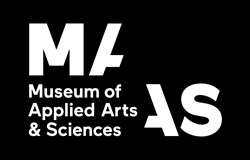When: Monday 12th November, 11:55am – 12:55pm
Where: L3, Level 2 to the left of the registration/foyer area, down the hallway and through the doors on the right
Hashtag: #M9
It can be hard work to get around and meet everyone at a conference.
Join 49 other delegates for this coordinated speed networking session.
You will have the chance to meet and chat with over half of the attendees as you shift between small groups.
[limited to the first 50 RSVPs – filled up quickly at ASC2014. RSVP when you register or modify your registration in your registration portal]** Spaces strictly limited, RSVP for this session during registration. **
** All attending this session will be listed on this session page as they register to attend. **
Session Producer
Kimberly Cullen, Managing Director, Crafting Astronomy Communication
Attendees
Adam Selinger, Executive Director, Children’s Discovery Museum Ltd
Andy Stapleton, CEO and Founder of verbalize.science
Anna Attard, Research Assistant and Masters Student, University of New South Wales
Anne-Sophie Dielen, The Australian National University
Dr Astha Singh, Vice President | ASC NSW, ASC
Bobby Cerini, Questacon – The National Science and Technology Centre
Caleb McElrea, University of Melbourne
Catharina Vendl, University of New South Wales
Dr Catherine Dorey, Consultant, Fish & Fisheries | Science Communication | Campaign Strategy
Catherine Healy, Science Communication Advisor, Environment Protection Authority Victoria
David Robertson, Lecturer, Monash University
Errol Hunt, FLEET: ARC Centre of Excellence
Jane Ilsley, Econnect Communication
Jen Martin, Educator and radio personality, The University of Melbourne
Jenny Whiting, Microscopy Australia (previously AMMRF)
Jessica Heinemann, Centre for Biopharmaceutical Innovation – UQ
Julianne Camerotto, NSW Office of Environment and Heritage
Jun-Ting Yeung, University of Melbourne
Kimberly Cullen, Managing Director, Crafting Astronomy Communication
Matt Nurse, Masters degree candidate, CPAS, Australian National University
Meagan Vella, NPWS
Melina Gillespie, Communication Advisor, CSIRO Energy
Micaela Jemison, Science Communicator, Smithsonian Institution
Michael Helman, Communicatrium
Michelle Neil, Australian Citizen Science Association
Michelle Riedlinger, Associate Professor, University of Fraser Valley, Canada
Nicole Fetchet, Questacon – The National Science and Technology Centre
Paul Holper, Director, Scientell
Dr Phil Dooley, ASC National co-vice-president and Galactic Commander, Phil Up On Science
Rachel Rayner, Science Communicator, Australian Volunteers Program
Rebecca Blackburn
Richard Chi, Sydney Observatory – MAAS
Sally Grosvenor, CDPC, University of Sydney
Shannon Panuska, CIT Bruce
Sheryn Pitman, Programme Manager Inspiring South Australia, South Australian Museum
Susan Rauch, Lecturer, professional writing (science and technology), Massey University, School of English and Media Studies
Taryn Laubenstein, ARC Centre of Excellence for Coral Reef Studies
Tilly Boleyn, Curator, Museum of Applied Arts and Sciences
Dr Tom Carruthers, Senior Content Producer, Australian Academy of Science and National Director, Pint of Science Australia
Tom Rayner, Griffith University
Tyrone Anderson, ASPIRE – UNSW

